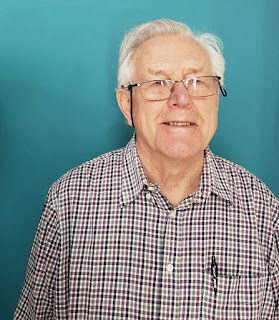The Relationship between IQ, Emotional Quotient, Self-control Quotient and Mathematics.
Q1 : Are IQ and Mathematics a good leading indicator (predictor) for success in life? A1 : There is no proven relationship between IQ and success. Anecdotal research shows Emotional Quotient EQ to be a better indicator in ADULTS. The ONLY PROVEN (50+ years) predictor in 4/5-year-olds is SELF CONTROL. This is based on the MARSH MELLOW test. Some researchers have coined this the SCQ. There is a strong correlation between high SCQ and success in work, marriage, health, sport, relationships, etc. It is debatable whether this correlation is indeed CAUSATION. Perhaps it is an ESSENTIAL condition and NOT a SUFFICIENT condition. Q2 : Is there a relationship between IQ and SCQ? Does high IQ come with high SCQ? Does high SCQ also mean high IQ? A2 : There is no proven causal relationship. Q3 : Is it possible that Mathematics can strengthen SCQ? A3 : Mathematicians apply defined rules in a disciplined way to solve problems. This demands a high level of Self-Control in the a
